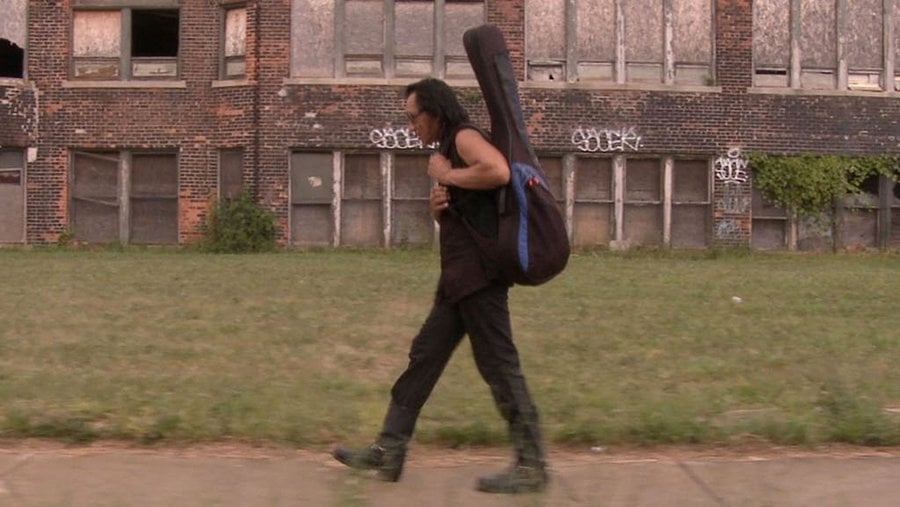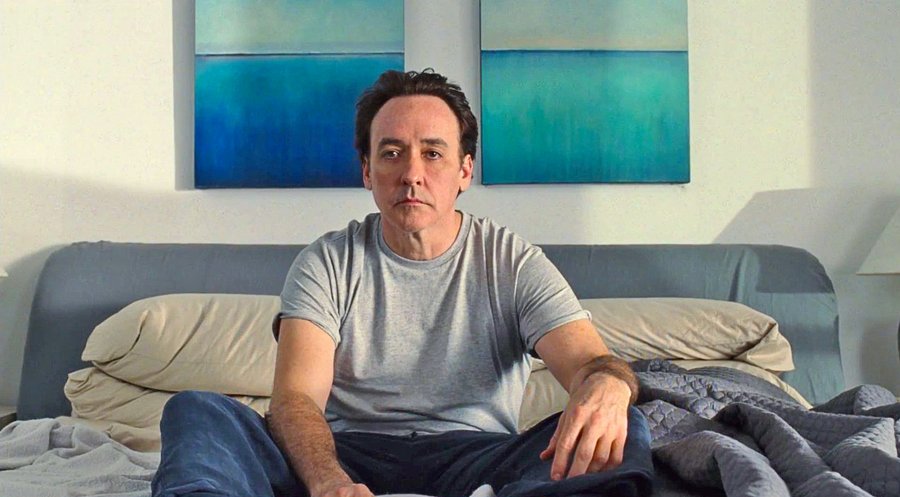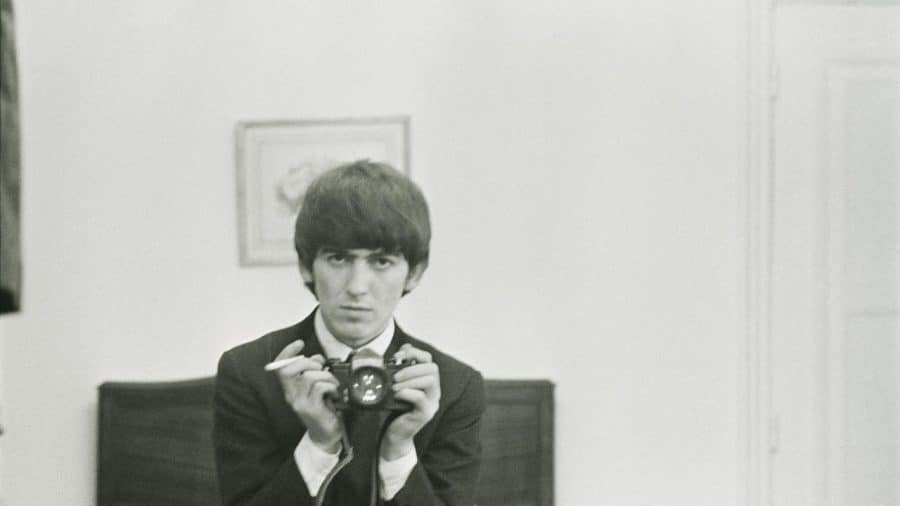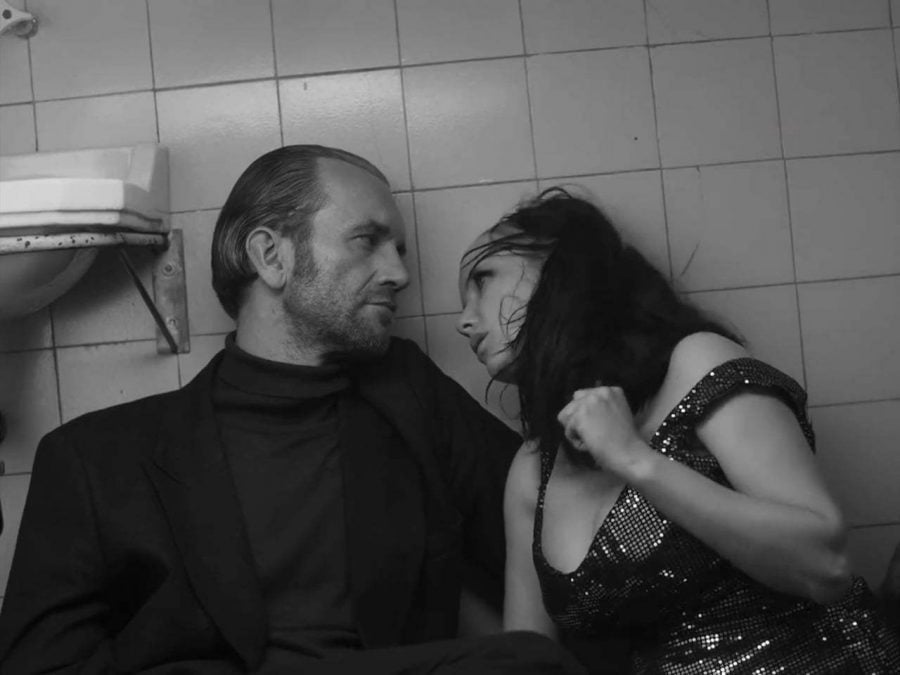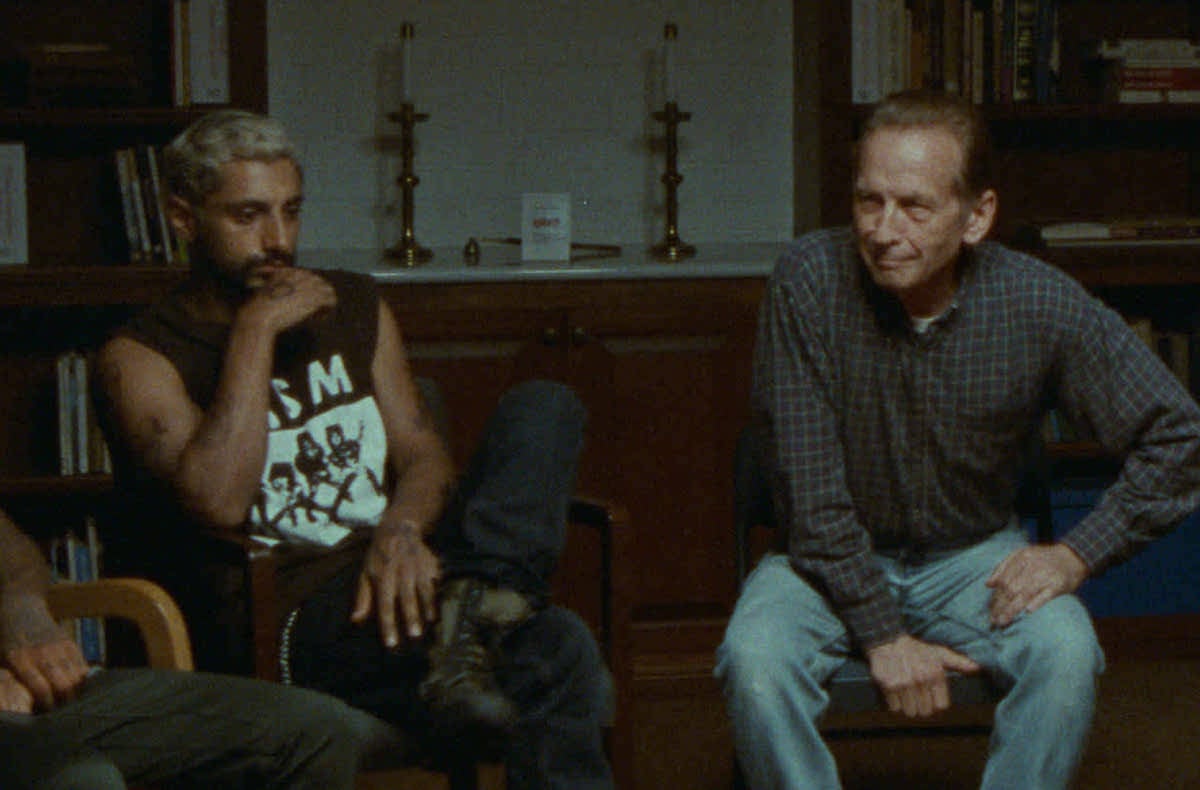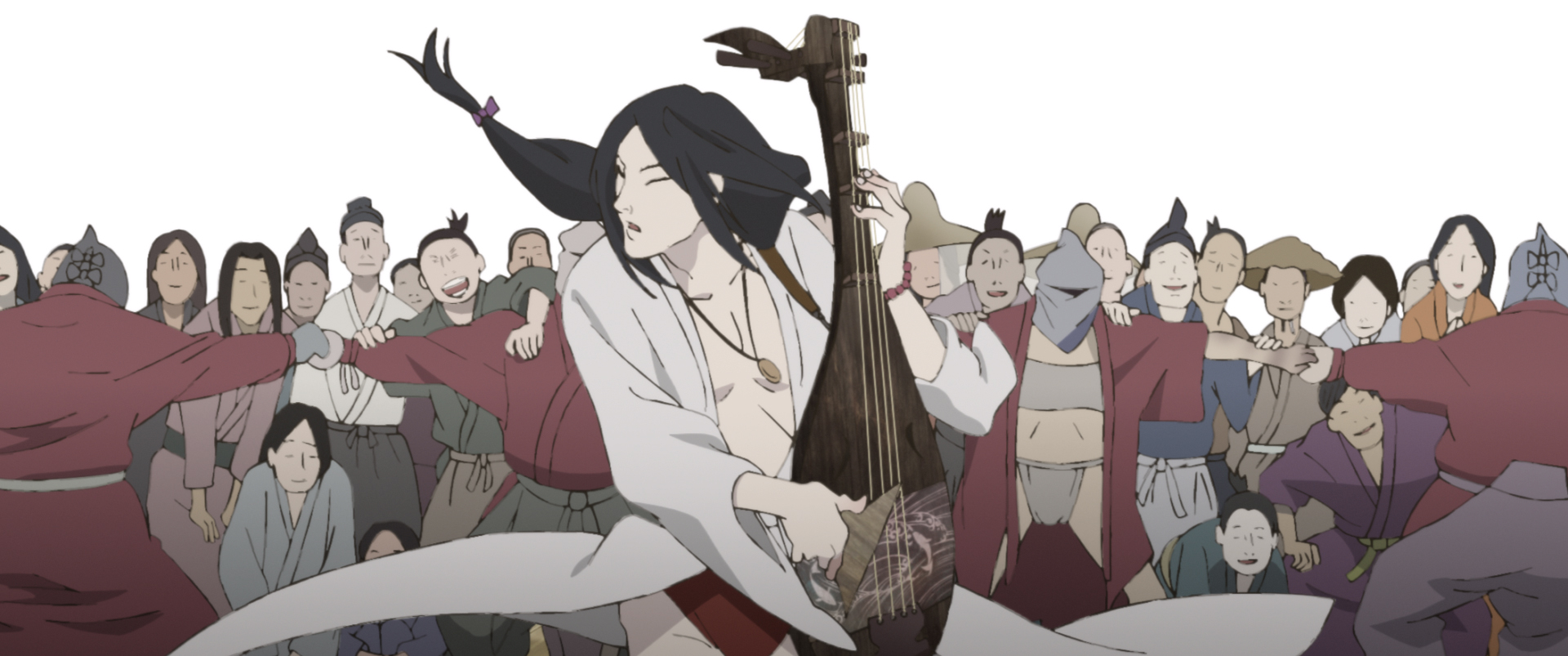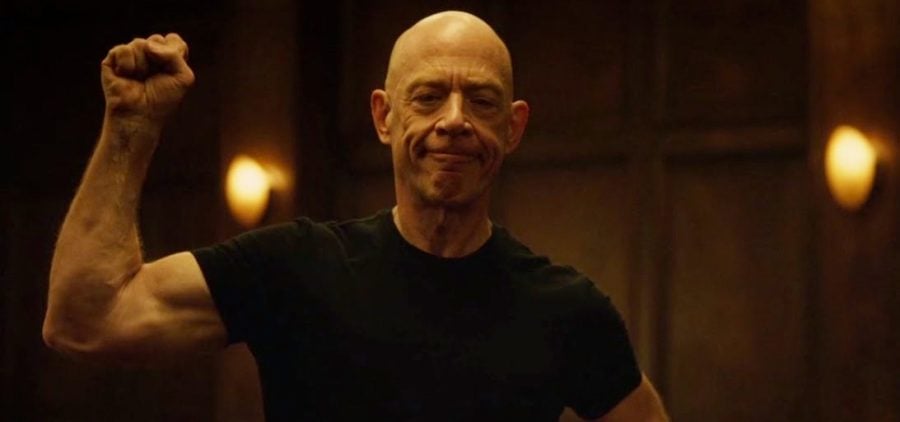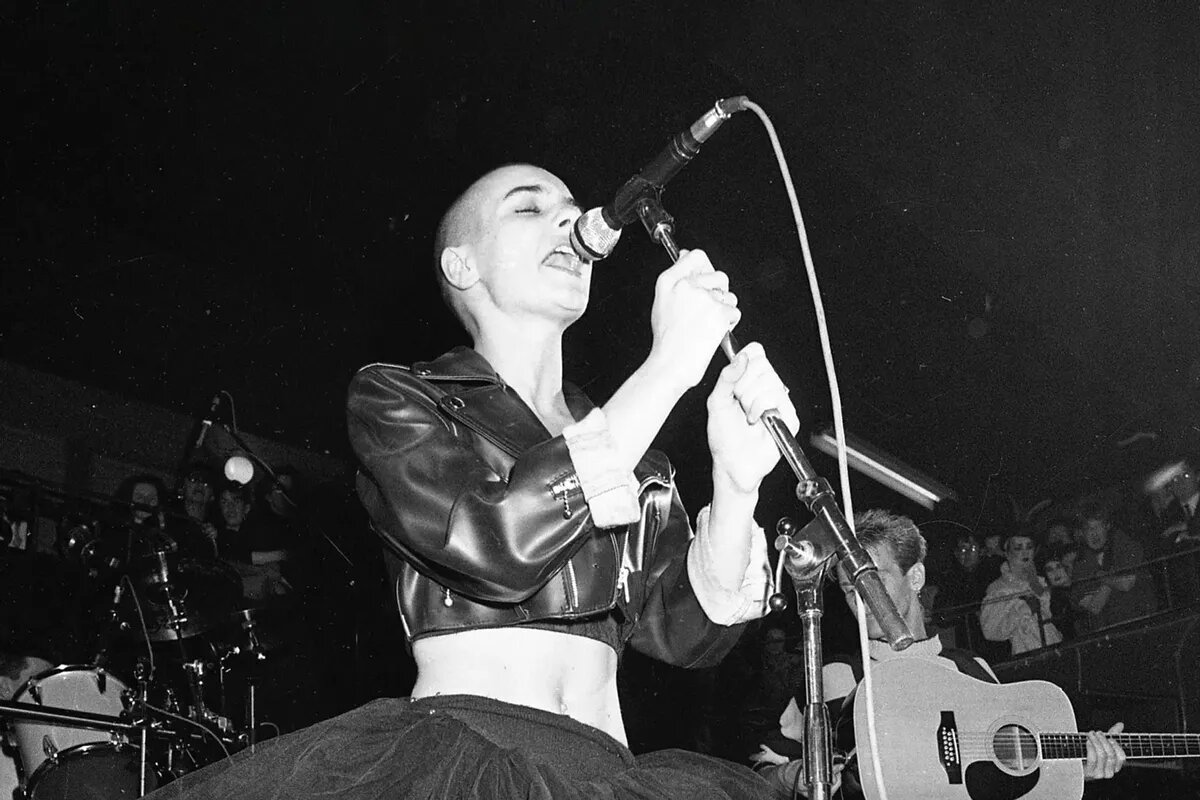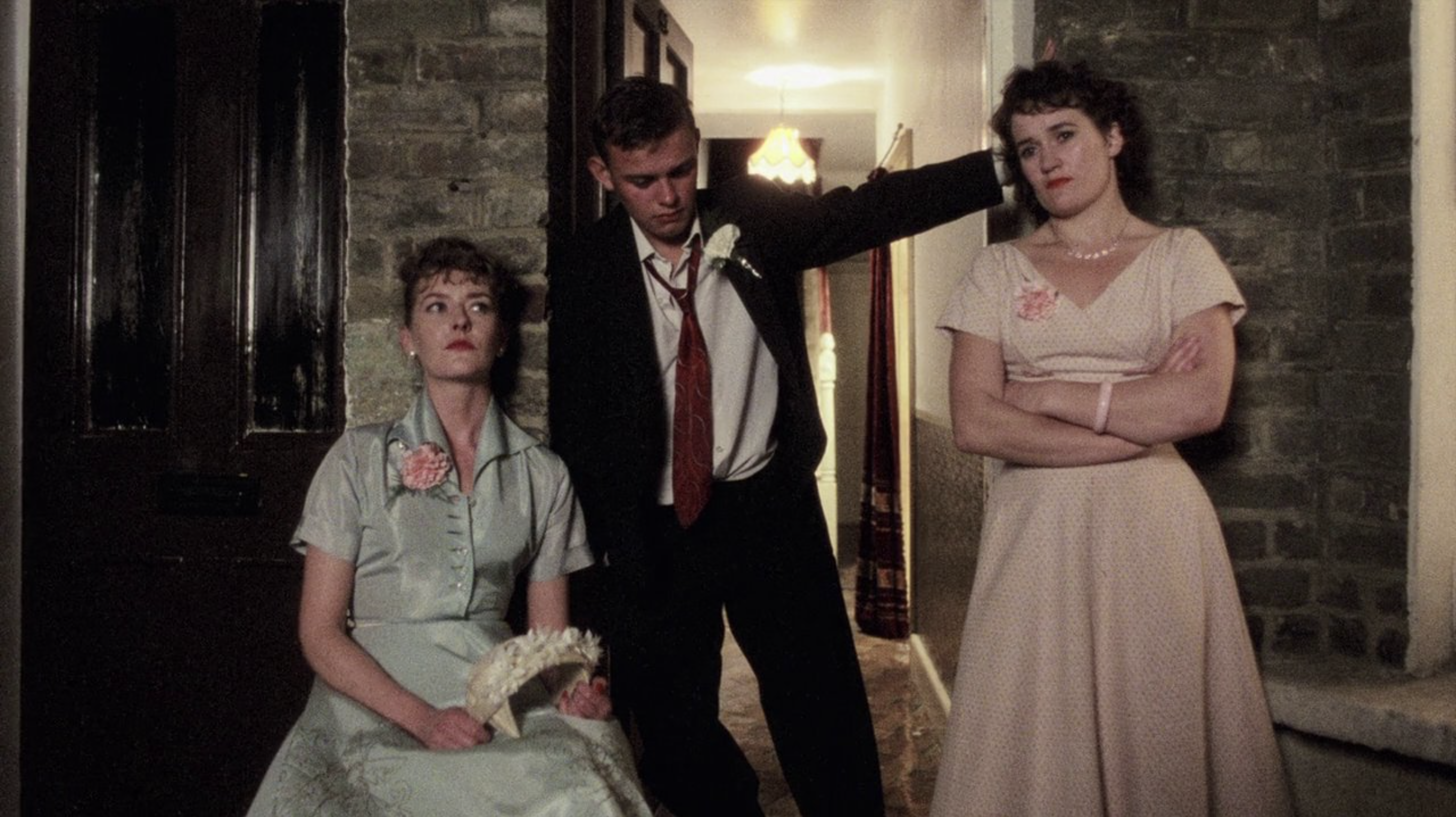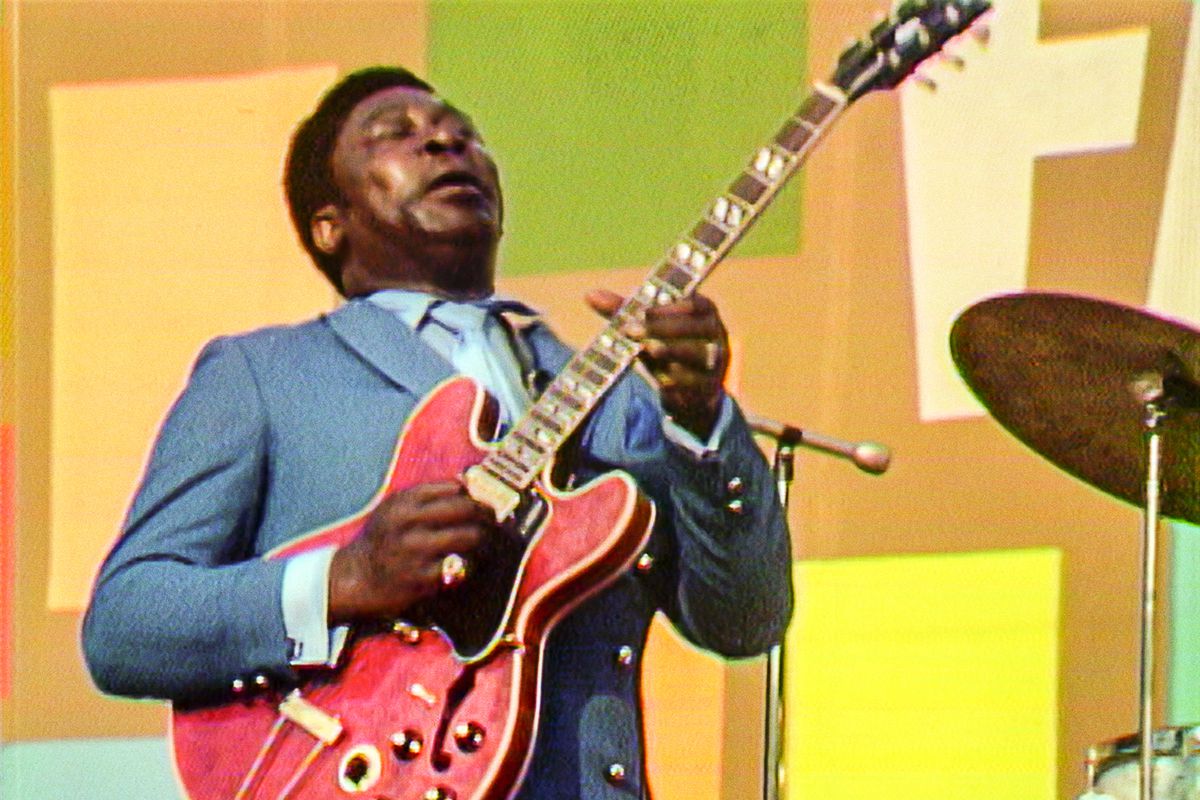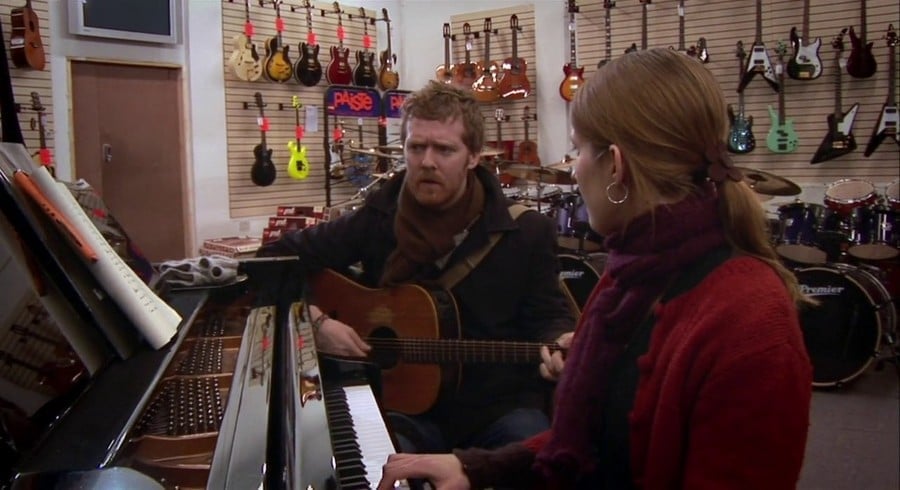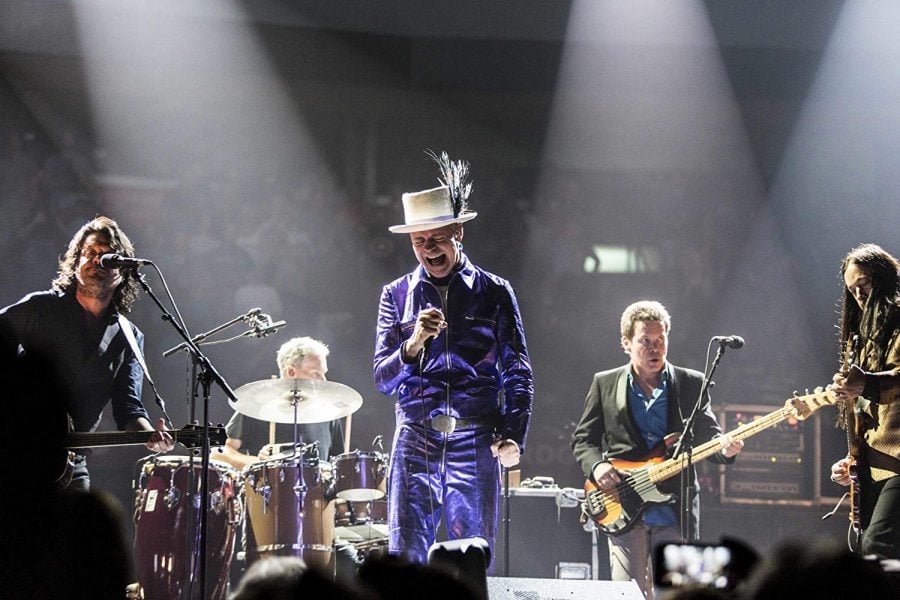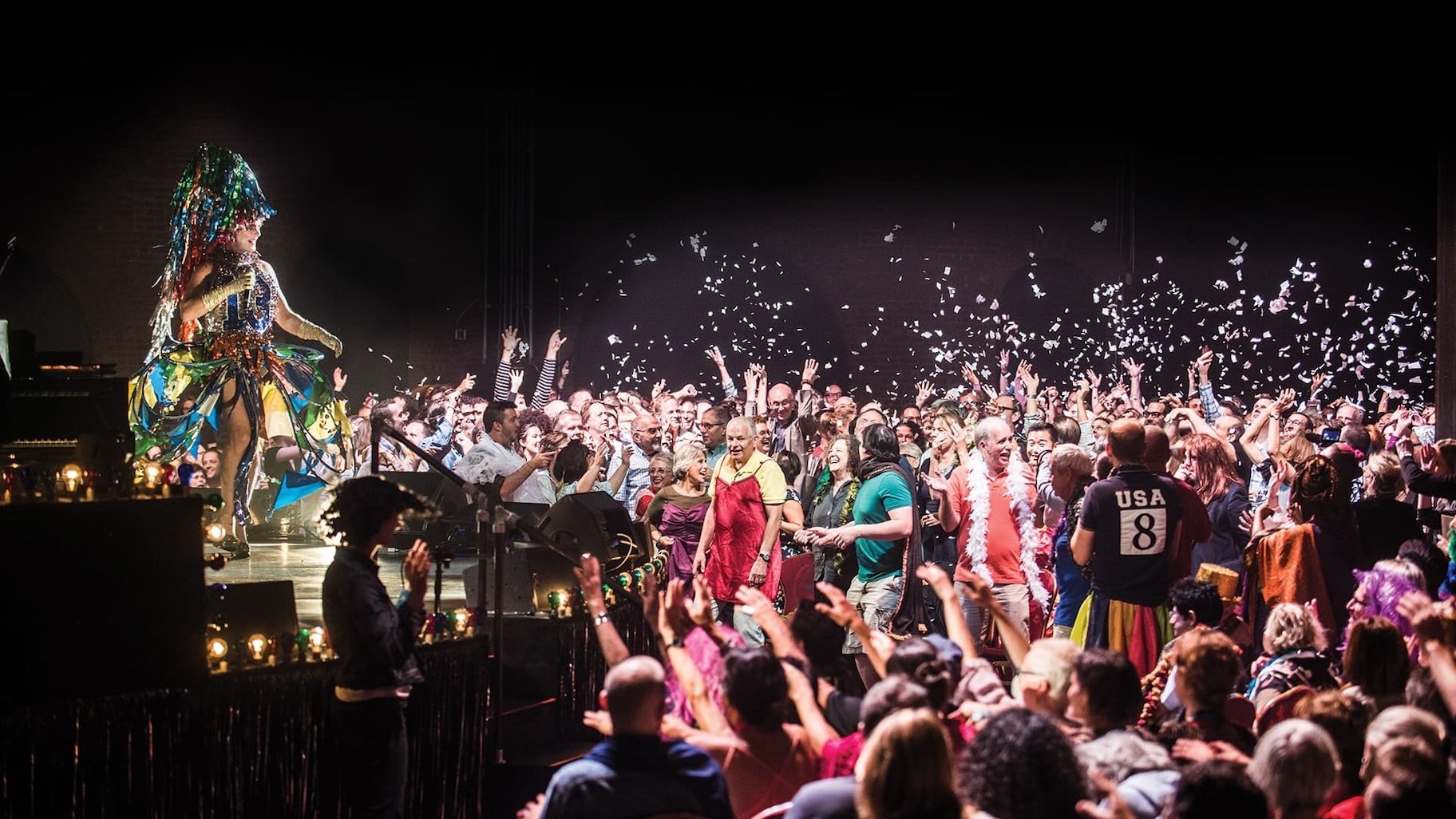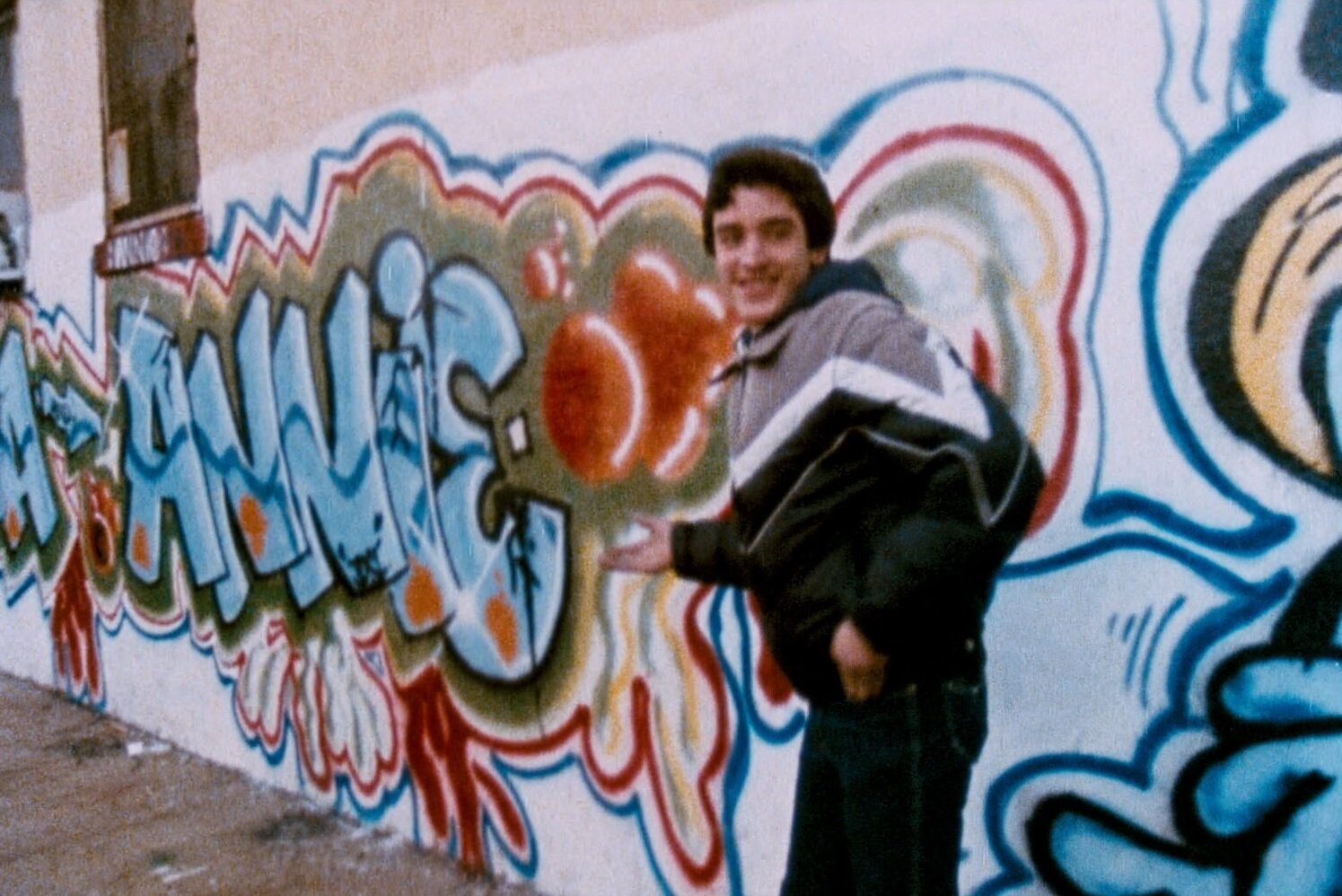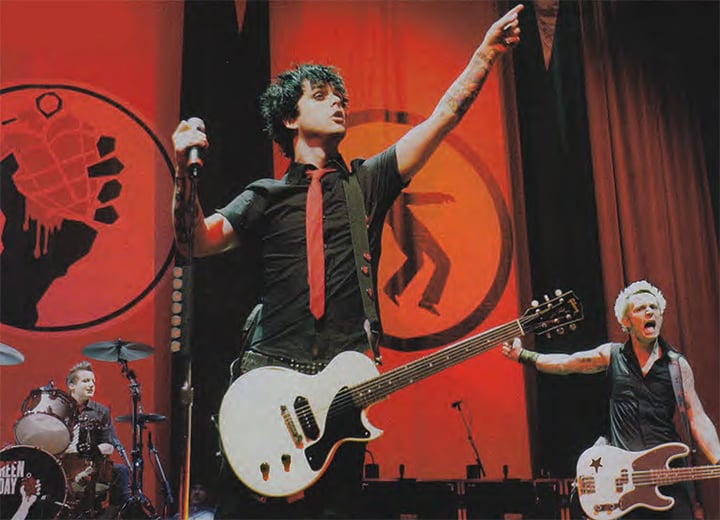American folk singer Sixto Diaz Rodriguez recorded two albums in Detroit in the 1970s, which he played live across the city, but never to critical acclaim or commercial success. Disappointed, he soon quit his musical career, bought a run-down house in the Motor City, and lived a simple life working in construction. So far, this sounds like the biography of many musicians that never quite made it, talented or otherwise.
However, a strange thing happened. By the mid-1970s, his albums were getting significant airplay in countries like Australia, Zimbabwe, and Apartheid-era South Africa, where he was soon considered a musical voice on par with the Beatles. While living a reclusive life in Detroit, Michigan, he unwittingly became a star on the other side of the globe. This engaged and visually appealing documentary by the late Swedish director Malik Bendjelloul tells his story and spells out a fascinating footnote of global music history.
Genre: Documentary, Music
Actor: Clarence Avant, Craig Bartholomew Strydom, Dan DiMaggio, Dennis Coffey, Eva Rodriguez, Malik Bendjelloul, Mike Theodore, Regan Rodriguez, Rodriguez, Sandra Rodriguez-Kennedy, Sixto Rodriguez, Stephen 'Sugar' Segerman, Stephen 'Sugar' Segerman, Stephen Segerman, Steve Rowland, Steve Segerman
Director: Malik Bendjelloul

